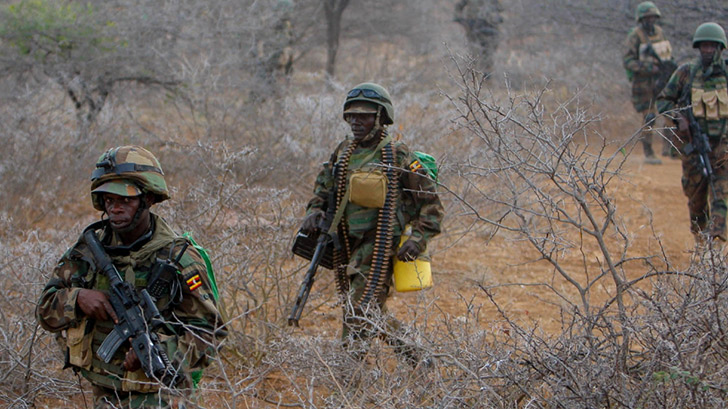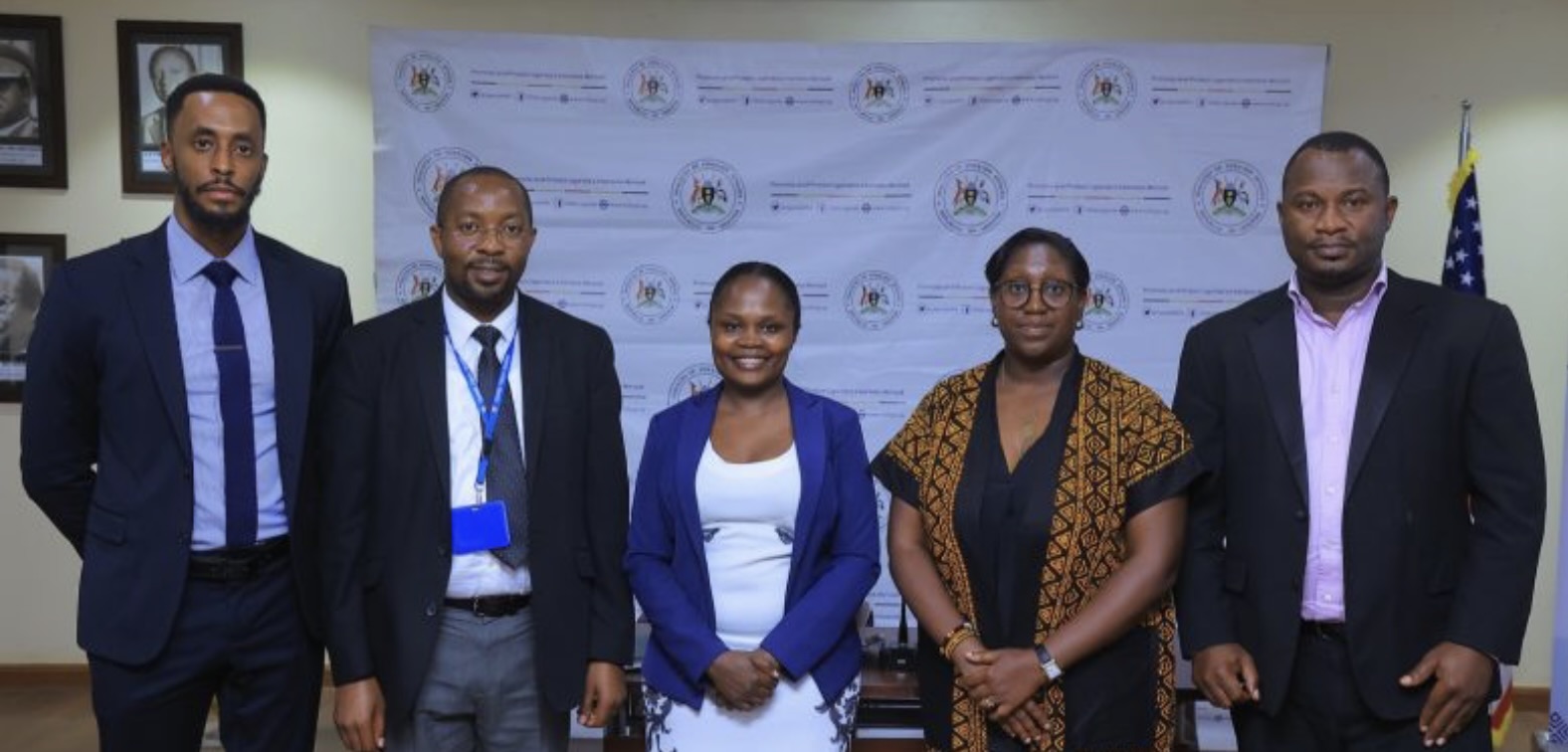A Soldier’s biggest regret at serving in Somalia (Part 1)

In April 2022, the UN Security Council under Resolution 2628 renewed the mandate of the African Union Mission in Somalia (AMISOM) reconfigured as the African Union Transition Mission in Somalia (ATMIS). Uganda, was the first peace keeping country to deploy in March 2007 and achieved critical strategic progress under so much resource strain.
It was later joined by troops from Burundi, Djibouti, Kenya and Ethiopia. AMISOM made significant gains over the years in support of the emergence of a capable Somali National Army, and a professional Somali Police Force.
Today, many years later, a new mandate, over 40 battle groups, routine deployments, hundreds of patriots laid to rest, we spoke to a soldier who witnessed firsthand the demands of a peace keeping/enforcement force, against jihadist militants. This account is rooted in the stark reality of war as witnessed at the frontline.


I crouched in the chaos. We had crawled on our belies for hours. It had been days of intense fighting. A comrade in arms fell beside me— he had fought bravely, a clean shot to the head by a sniper silenced him. His body shook violently, writhing trying to put up a fight then he went cold. His spirit left. Bitterness filled me; I was angry. A landmine exploded nearby, silencing two more lives in a heartbeat. There is never time to mourn on the frontlines of war; there are no goodbyes. A soldier’s life is intimately tied to his gun. Its crack often makes decisions on his behalf. If he hears it crack, he knows he is still alive; when he hears no sound, it signals the end-almost.
In our briefing at Singo, we had been told of the task ahead. Our goodbyes were said there, our last wishes too. Such is a soldier’s life. We sang songs of war, our voices piercing through the skies. Liberation would be at a price. We were that price. The air was thick with the putrid stench of gunpowder and smoke from structures ravaged by rocket-propelled grenades. Burning cars littered the streets, and bullets whizzed past, angry, determined looking for a life to take.
Akol took a hit, The copper-jacketed bullet tore through his body, causing irreparable damage. I watched helplessly as my brother-in-arms crumpled to the blood-soaked earth, He shook violently, writhed and grasped my shirt. His eyes –that once sparkled with laughter during our evening tales – now clouding with desperate pleas. In his final breaths, his gaze spoke volumes: “Fight on, my brother.”
We weren’t just soldiers who enlisted together – Akol from sunbaked Teso, me from the misty hills of Ibanda. We were two hearts beating to the sunset in unison. Our families had woven their lives together. His children’s voices calling me “papa” still echo in my shattered mind. How would I face them? His last moments replay in my nightmares – the way his fingers trembled as life slipped away. His other hand firmly holding onto his gun. The war-torn sky seemed to dim-then, just like that, he stopped moving—he was gone. With trembling hands, I retrieved his final chit, a soldier’s tradition-for some. I read his last words:
“Tell my beloved I died with courage. Guard my family as your own. But please, my brother, stay alive.”
There was no time for grief or tears; I would have that time later if I survived this diabolical onslaught. The al-Shabaab outfit we faced was relentless; they had known nothing but war for years, their souls fractured and their youth consumed by violence. They lived by the gun and died by it too. We were engaged in our most daring assault yet—many armies had been decimated here before us-strong armies. I watched my comrades, wounded yet unyielding.
History may never remember their names, but their bravery still stands in that place. The uniform we wore bound us together, a silent call to persevere. Great men before us had donned the same fabric, their legacies woven into the country’s badge. We had been taught that this camouflage with a flag symbolized discipline, courage, and a nation’s pride—a heavy mantle to bear. That mantle stood tested on the field of battle.
Before us loomed the enemy: the al-Shabaab determined to defend what they called their territory at all costs. This was our final assault; we were headed to Mogadishu, fighting for every inch of ground. Our commander stood tall among us; a figure of resilience tall in stature, who often bent low to navigate through the chaos around him. He wielded a long stick as if it were a sword, leading us into battle walking every inch with us. He made orders in Kiswahili “Wewe songa mbele” Move forward. His commands could be heard above the organised chaos.
Mogadishu and in extent Somalia had once been one of the most beautiful places on Earth—its pristine beaches and azure seas a stark contrast to the bloodshed that now stained its sands. What had once been a paradise had transformed into a slaughterhouse, where beauty met brutality in a way man could never explain. The sands on these beaches moaned with the blood of the dead. Peace was needed at all costs.
The commanding officer, his towering endearing frame casting a long shadow, beckoned for his sidearm. His aide understood – loaded, ready. Mogadishu was within sight. The al-Shabaab outfit fought with newfound ferocity. If we lost, I’d put a bullet in my head than be captured
To be continued, look out for part two
NB: While the events of these accounts are real, names have been changed to hide the real identities of the soldiers
Image Credit : AMISOM, Daily Monitor


May God bless you our heroes. You are writing history. Your names will always be remembered. Your families & descendants will always be remembered. God bless you alot .
May God bless you our heroes. You are writing history. Your names will always be remembered. Your families & descendants will always be remembered. God bless you alot .